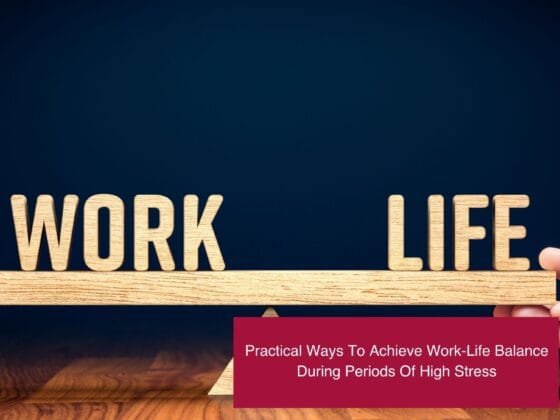
Childhood is like clay that is shaped by parenting. Hence, parenting plays a huge role in affecting child development. Your parenting style can directly affect the mental health and physical growth of your kids. However, parenting is not just a form; it’s also influenced by cultural backgrounds, socioeconomic status, single-parent families, ethnicity, and spiritual ideologies. So, to make you understand how parenting affects child development, we have listed different parenting styles that are followed and practiced worldwide.
Every parent has a unique way of approaching their kids and guiding them. Some dwell based on morals, whereas some function on their bond with their kids. It means that parenting styles are also situation-dependent and influenced by the previous conditioning.
So, read more about these different parenting styles and how they affect child development. This will help you understand the process of a child’s development and teach us a better approach to parenting.
Connection Between Parenting Styles And Their Effects On Kids
It’s believed that kids who grow up in dramatically different environments can also show similar behaviour as well as personalities. The way of interaction and disciplining rules for the kid can profoundly influence the rest of the child’s life.
Bad parenting can make children prone to a criminal mindset because kids exposed to abuse or neglect are likely to be prosecuted for juvenile delinquency.
Types Of Parenting Styles And Their Effects
Authoritarian/Disciplinarian Parenting Styles

This type of parenting usually involves a one-way mode of communication where the parent establishes strict and disciplined rules. However, authoritarian parenting leaves no room or space for the kid to negotiate, which usually turns out to be very suffocating for them. In this parenting, most parents believe that the children should be seen and not heard, which also directly affects kids’ communication skills.
The expectation as parents from their kids is to behave exceptionally well and make no errors in any situation. Such parents are often described as domineering and dictatorial as their approach is “spare the rod and spoil the child”.
Effects on Children
Kids raised with this kind of parenting often develop self-esteem problems as their opinions and wants are not addressed or valued. One of the most significant and most common effects of authoritarian parenting is that the children grow up to be good liars to avoid the punishments or consequences they faced as kids.
Permissive/Indulgent Parenting Styles

Indulgent parenting is the exact opposite of authoritarian parenting. In this, the parents have low expectations from their kids to let them be mature and more self-controlled. Permissive parents do not believe in forcing their strict rules on their children and rarely discipline them as they have very few demands from them.
Not giving consequences and not interfering in your kid’s learning for growth relates to the approach of permissive parents. Most indulgent parents are lenient and teach their kids to handle the situation in the best way possible. However, they only step in when the kid is stuck in serious matters. From teaching good manners to hearing out your kids, permissive parenting ticks all these boxes. But at the same time, many parents don’t discourage their kid’s poor choices and bad behaviour in the name of indulgent parenting.
Effect on Children
Kids who grow up in indulgent parenting usually struggle academically, and they also reflect behavioral issues as they have a hard time learning about authority and rules. Not only this, but these kids are also prone to various health problems like dental cavities and obesity because permissive parents usually don’t discourage their bad eating habits.
Authoritative Parenting Styles

If you tend to explain the reasons behind your rules and put a lot of effort into generating a positive relationship with your child, then your approach is authoritative parenting. In this form of parenting, the parents usually establish rules while considering the child’s feelings as well. It involves responsive behaviour and willingness to consider children’s opinions.
Even though authoritative parents expect their kids, they also ensure that their children’s opinions are validated. The use of disciplinary methods and forgiving nature leads children to be assertive and socially responsible.
Effect on Children
This type of parenting allows children to be happy and successful in life as they tend to become responsible adults in life. Their decision-making and risk evaluating skills are impeccable as well. The blend of rules and support in this parent leads to independence, self-control, and self-regulation in kids.
Neglectful/Uninvolved Parenting Styles

Introduced by psychologists Eleanor Maccoby and John Martin, this type of parenting involves the same rules. It’s called uninvolved parenting as the parents aren’t aware of their children’s education, well-being, and whereabouts, and parents avoid spending time with them. It is an amalgamation of low responsiveness, few demands, and below bare minimum communication between the parents and children. They will provide education, food, and shelter but devote less time guiding their kids. The lag of support and care are the primary two elements of this type of parenting.
Effect on Children
The effects are similar to permissive parenting. Kids usually develop low self-esteem issues and struggle to do well in academics. The worst case is that the kids go through low happiness and exhibit behaviour problems.

 Add to favorites
Add to favorites








